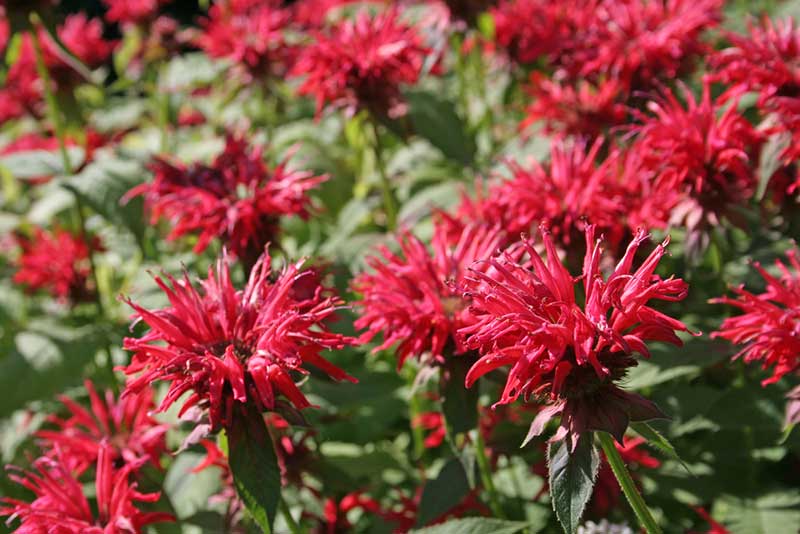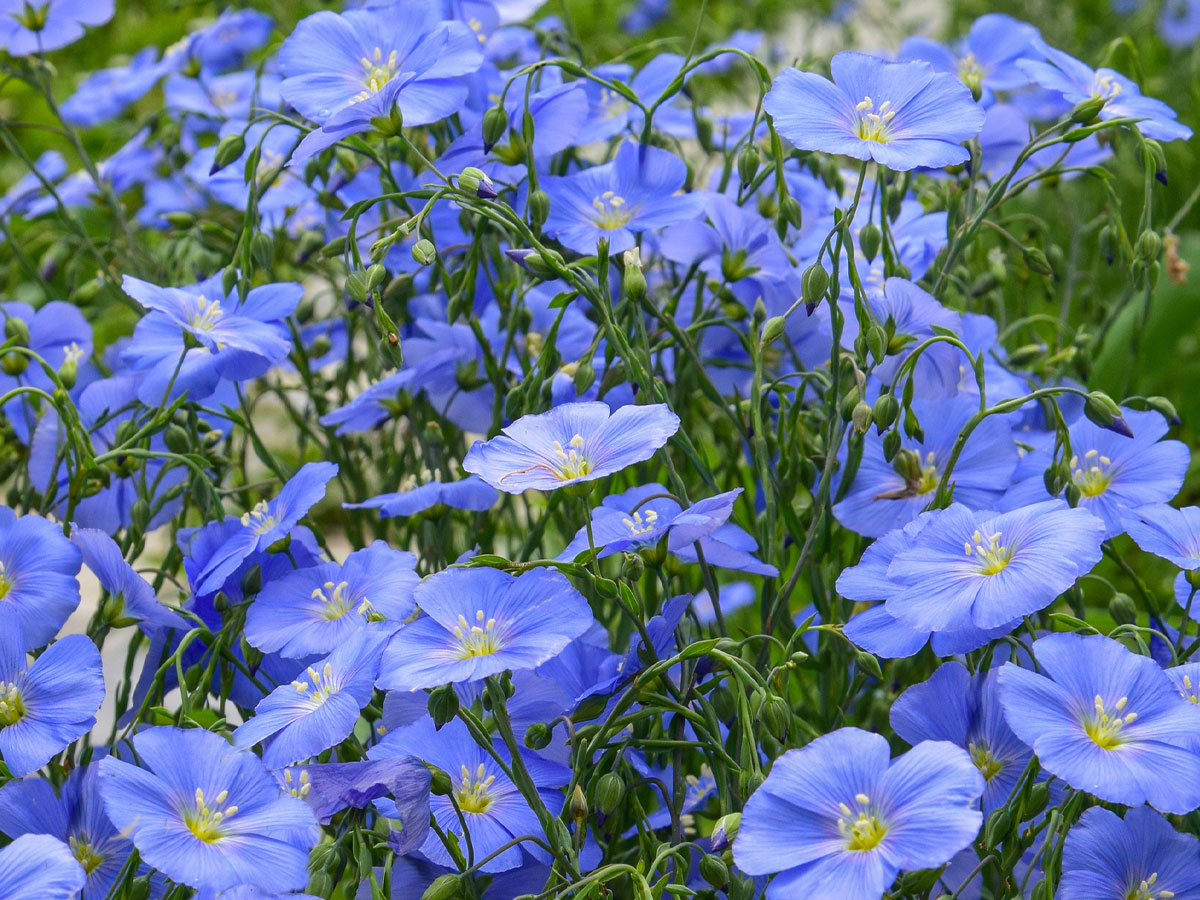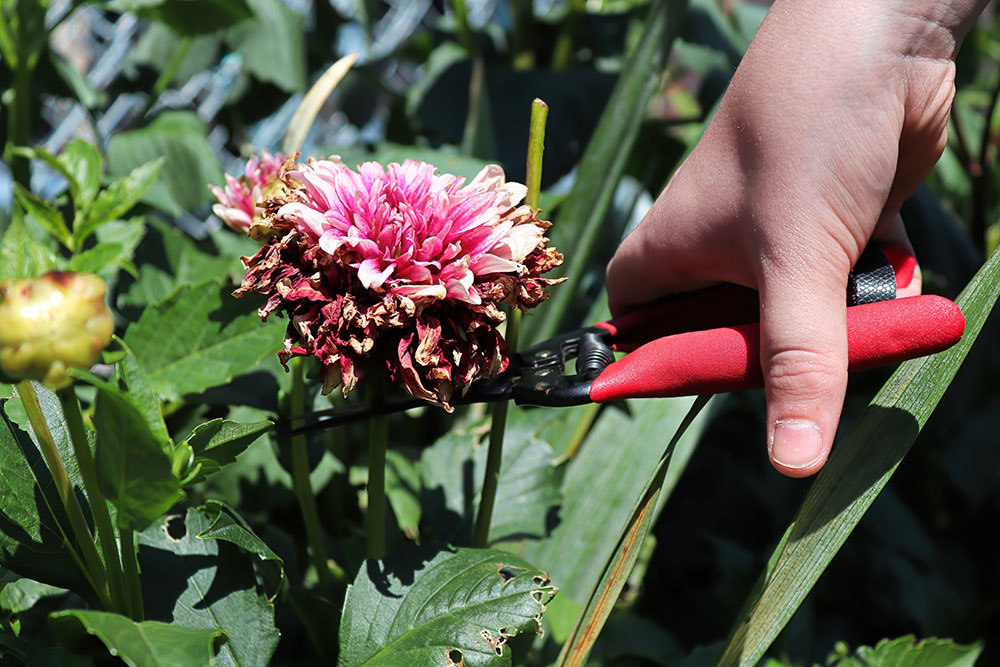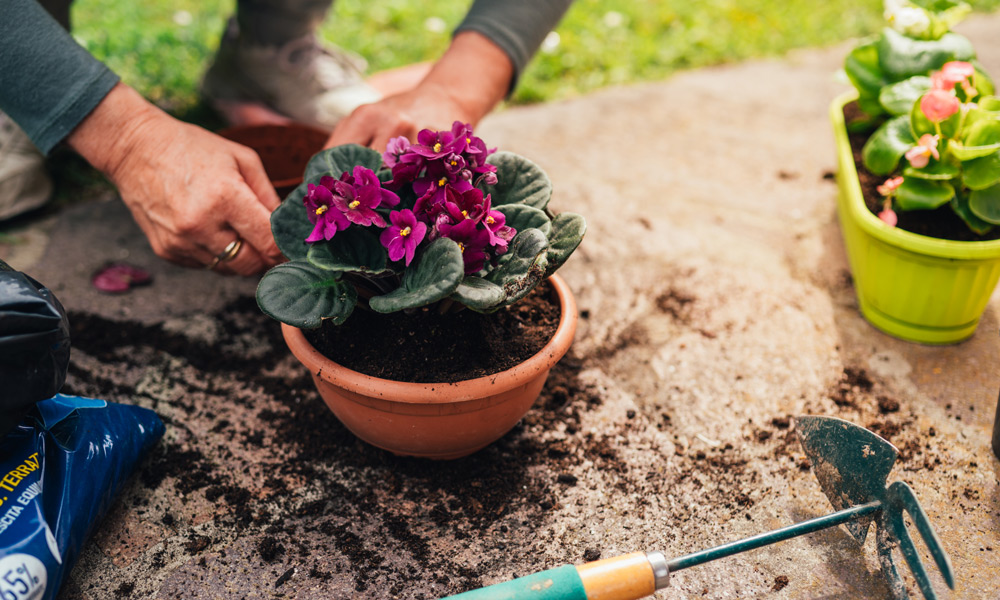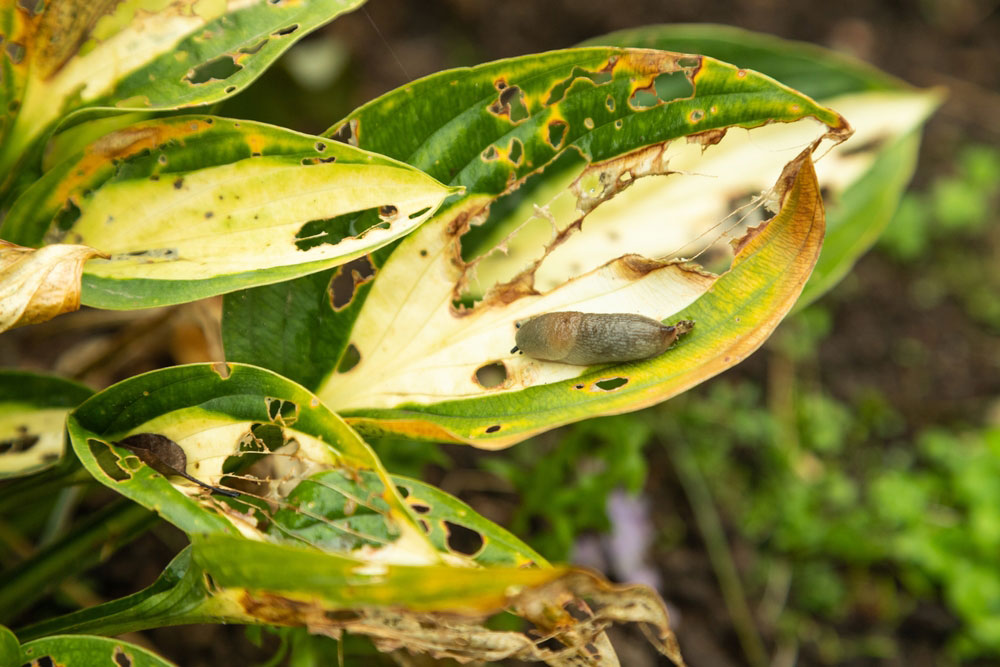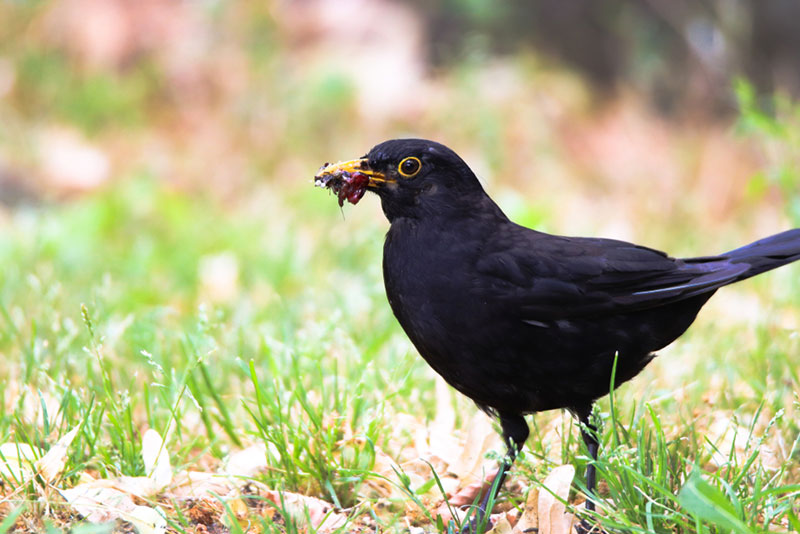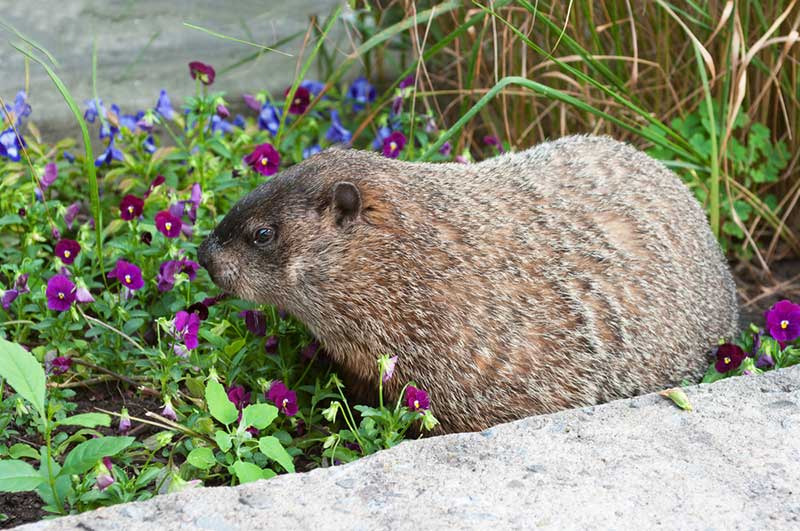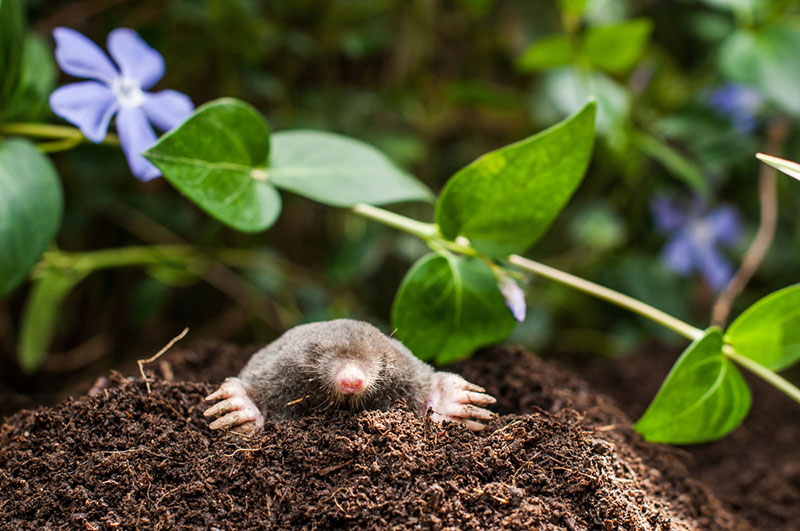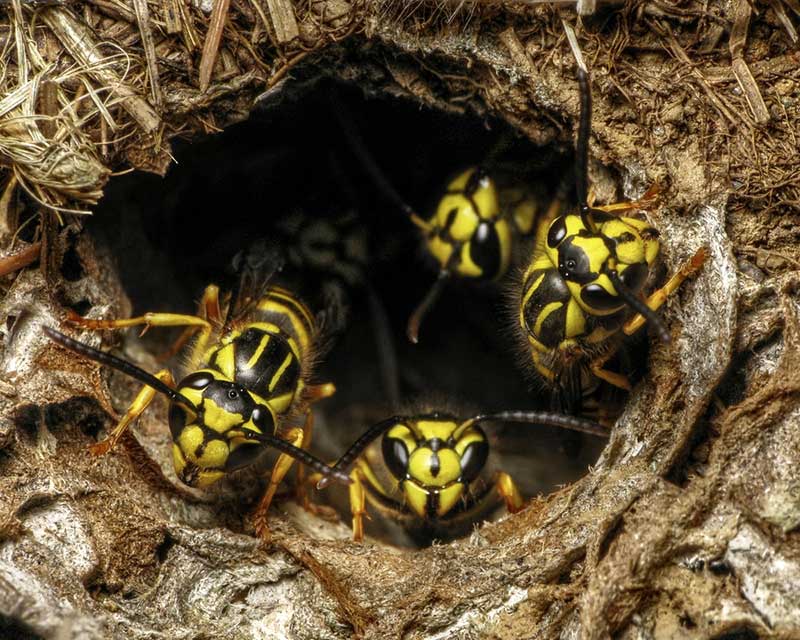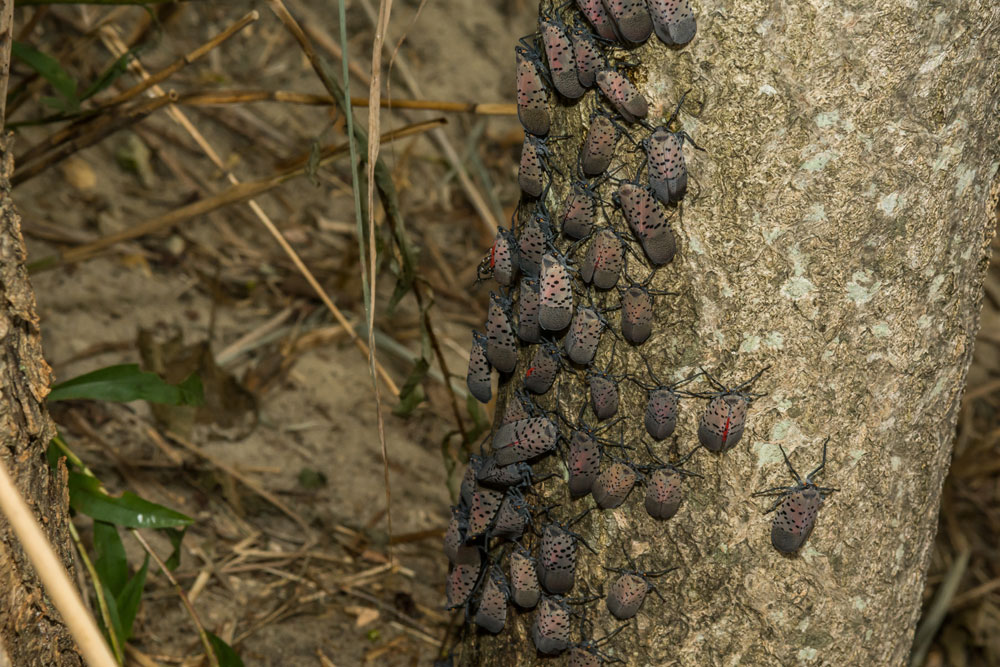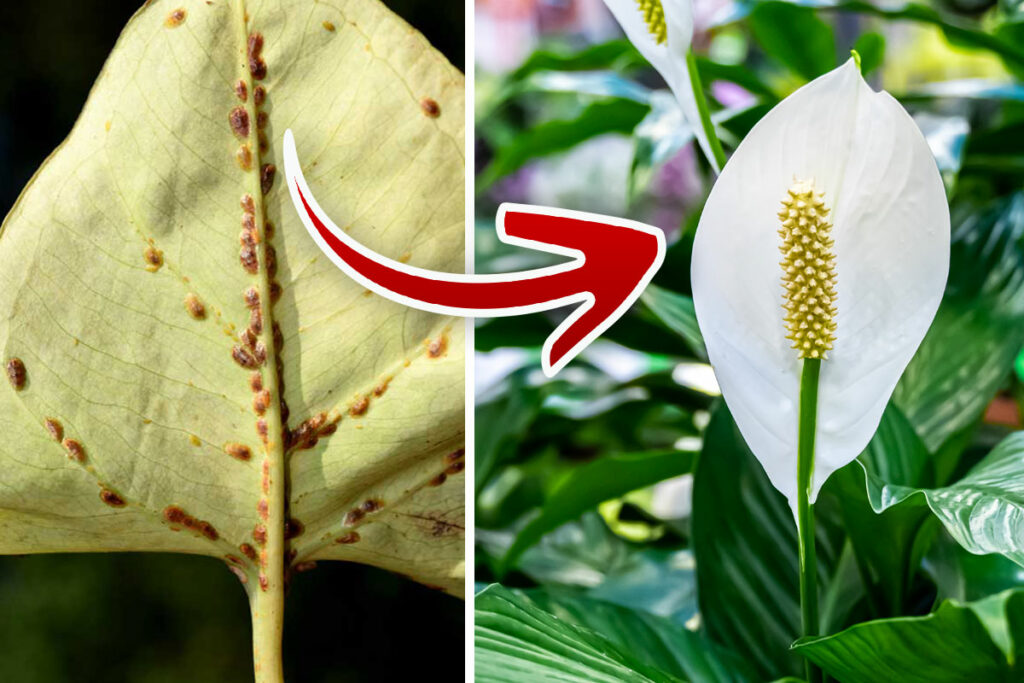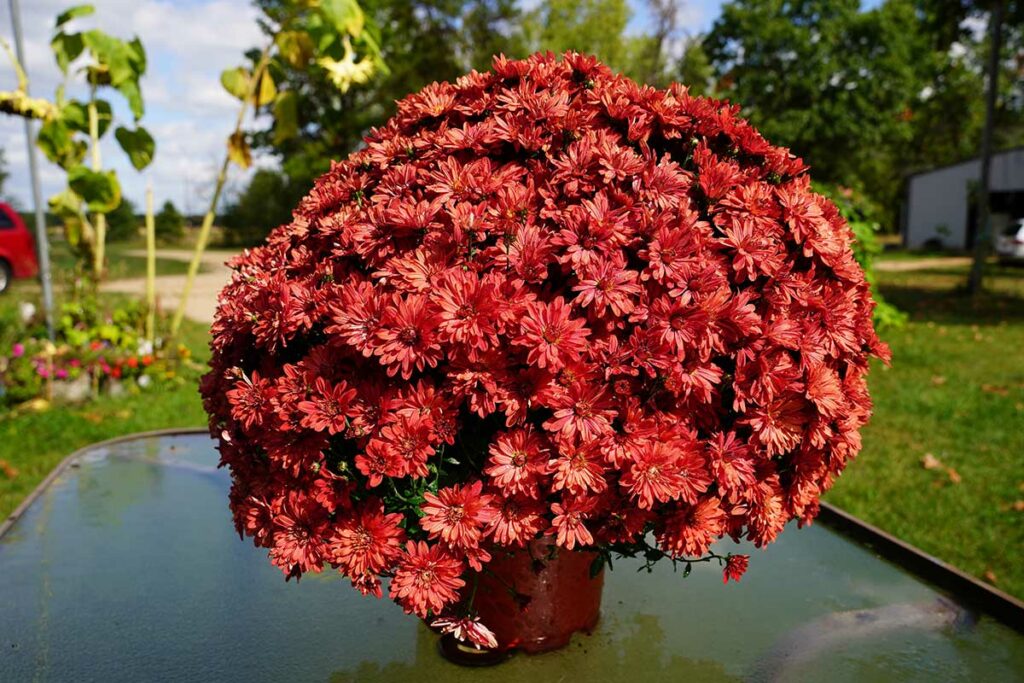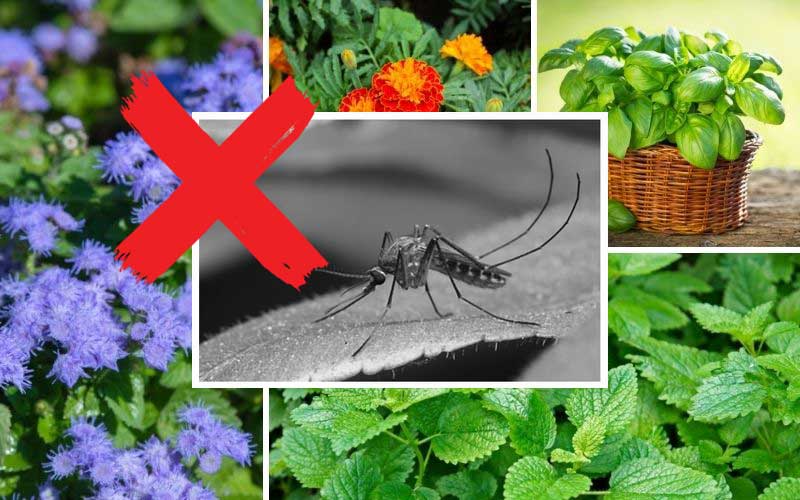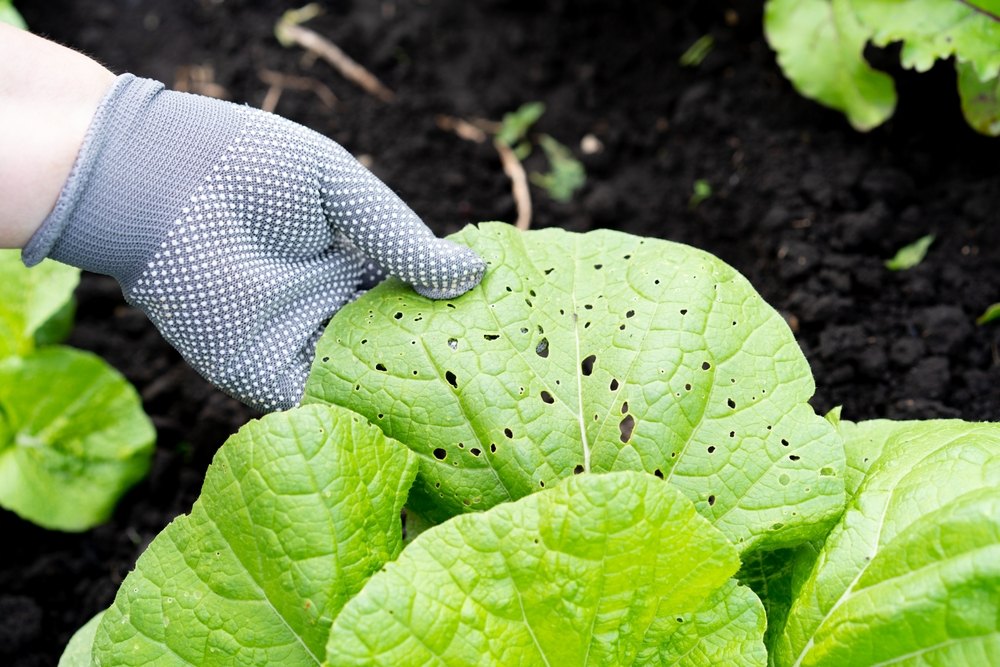
As a gardening enthusiast, you know that maintaining a healthy and vibrant garden is important.
Unfortunately, common garden pests can wreak havoc on your carefully cultivated plants and flowers. But fear not! There are numerous ways to naturally prevent these unwelcome visitors from destroying your precious green space.
In this article, we will delve into ten practical tips to keep your garden pest-free. The best part? You won’t need to rely on harmful chemicals that could damage your plants and the environment.
By embracing these environmentally friendly and organic methods, you will be well on your way to cultivating a flourishing garden, safe from pesky pests.
Ready to get started on your journey to a healthier and more pest-resistant garden?
Let’s dive in and explore these ten tips that will help you maintain a beautiful, thriving garden while keeping unwanted insects and critters at bay.
Understanding Garden Pests
Common Types of Garden Pests
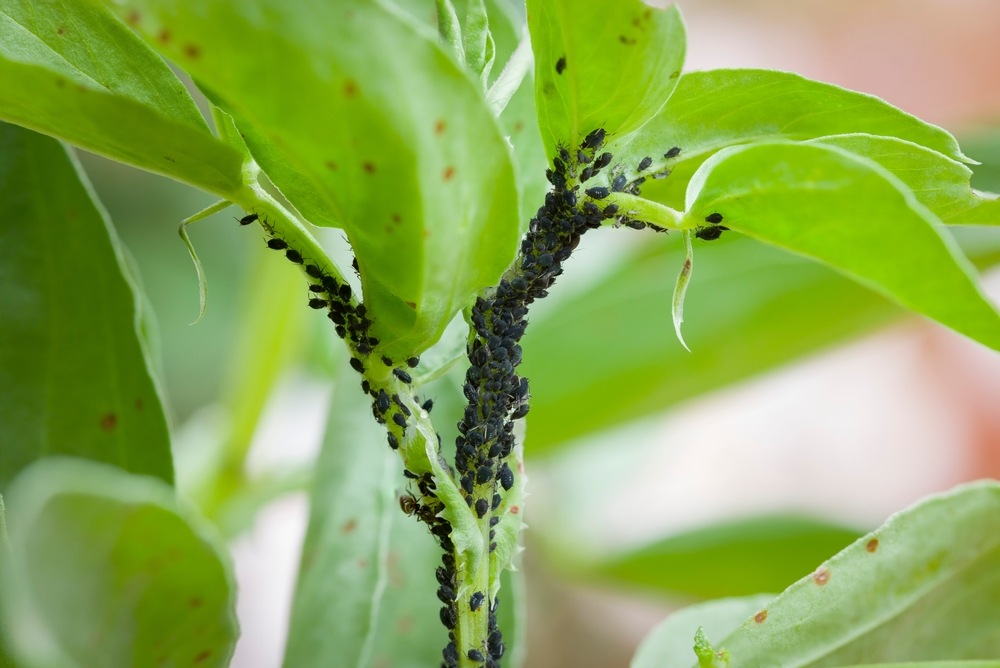
There are many types of garden pests that you might encounter. To effectively target your treatment, it’s crucial to know their specifics. Here’s a brief overview of common garden pests:
- Aphids: These tiny insects suck sap from plants and cause leaves to curl and distort.
- Caterpillars: The larvae of various butterfly and moth species can chew through leaves, leaving your plants damaged.
- Slugs and Snails: These slimy creatures devour young plants and leaves, leaving behind a slimy trail.
- Whiteflies: Found mainly on the undersides of leaves, they extract sap from plants and leave behind a sticky honeydew residue.
Lifecycle of Garden Pests
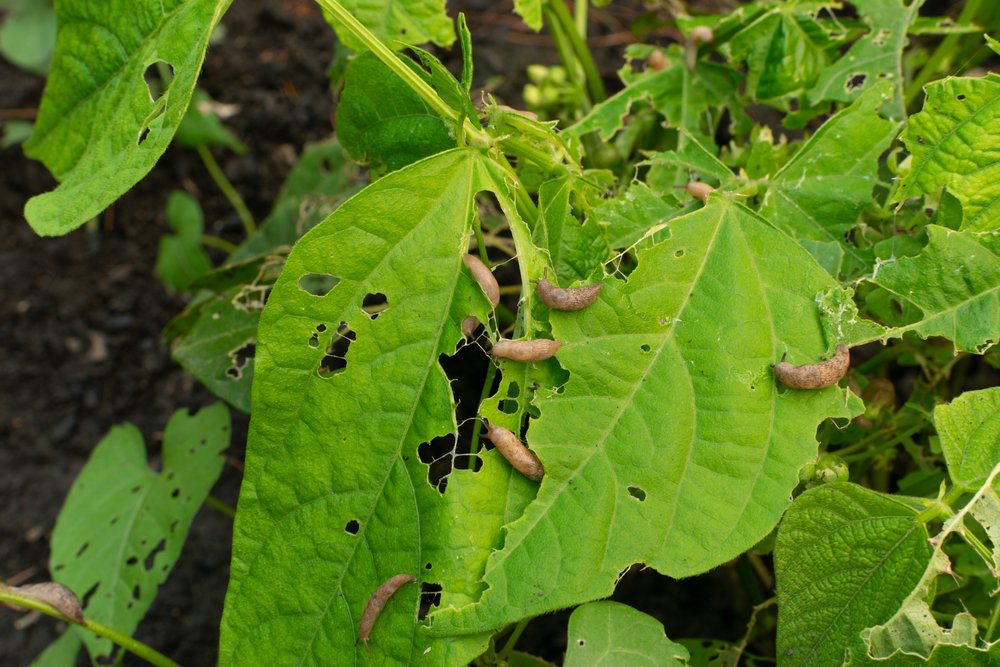
Understanding the lifecycle of pests is essential, as controlling their populations at different stages can prevent infestations. We’ll use aphids as an example:
- Eggs: Female aphids lay their eggs in autumn, which overwinter on plant material or soil.
- Nymphs: In spring, the eggs hatch into nymphs, which will feed on plants and mature into adults.
- Adults: Adult aphids reproduce quickly, leading to exponential population growth.
- New Generations: After several generations, winged aphids are produced, which can spread to new plants.
By knowing the pests you’re dealing with and understanding their lifecycles, you can use natural methods to prevent and control infestations in your garden.
Gardening Practices to Prevent Pests
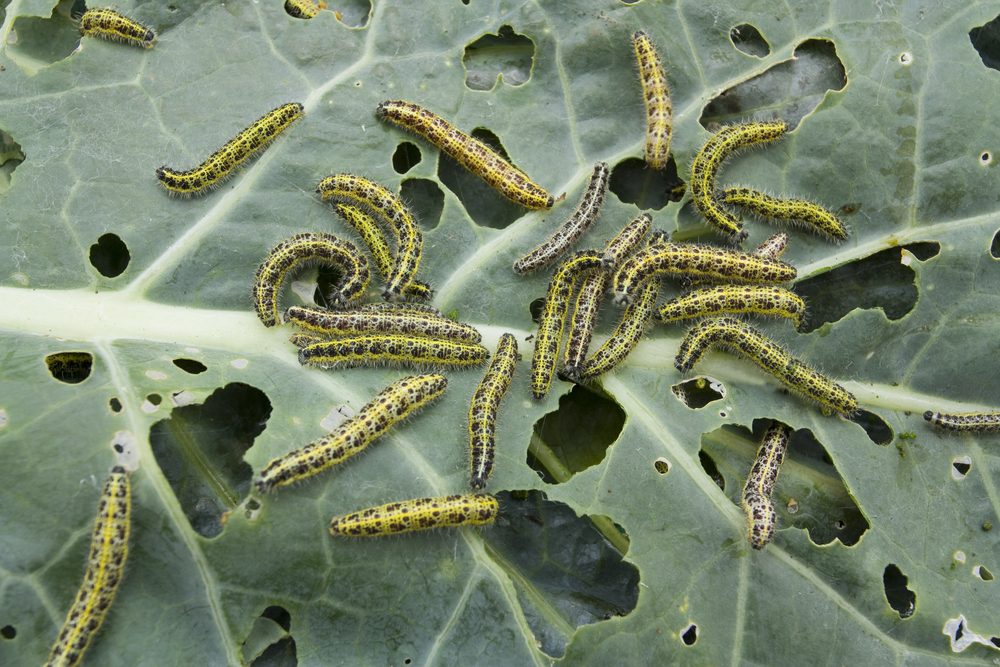
Choice of Plants
When selecting plants for your garden, consider those that are resistant to pests and diseases. It’s essential to choose varieties that will thrive in your region, as they will be better adapted to the local environment. Rotate your crops annually to prevent pests and diseases from building up in the soil.
Regular Pest Monitoring
Conduct regular checks throughout your garden to identify any signs of pest infestations. Early detection will allow you to take action and prevent further damage to your plants. Keep an eye out for:
- Chewed leaves: Holes or irregular edges on leaves can signal the presence of chewing insects.
- Sticky leaves: Sticky residues on plant surfaces may indicate sap-sucking pests such as aphids.
- Webbing: Spider mites often leave fine webbing on leaves and branches.
Balancing Your Garden Ecosystem
A balanced garden ecosystem promotes the presence of beneficial insects that help keep pests under control. To achieve this, try these tips:
- Plant a variety of flowers and herbs to attract beneficial insects like ladybugs and lacewings.
- Provide a water source for these beneficial insects by installing a small pond or bird bath.
- Practice good garden hygiene by removing dead leaves, debris, and weeds that can harbor pests.
Homemade Organic Pesticides
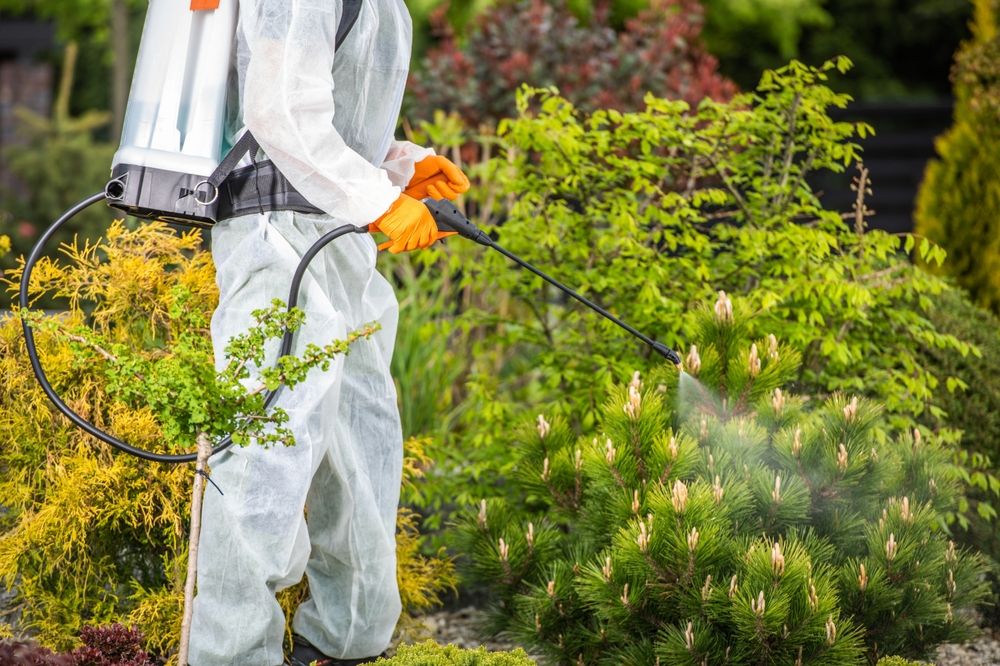
In this section, we will discuss three homemade organic pesticides that can help you keep common garden pests under control. These DIY solutions are eco-friendly and easy to make.
Garlic Insecticide Spray
To create a garlic insecticide spray, you will need:
- 2 bulbs of garlic
- 1 quart of water
- 1 tbsp liquid soap (biodegradable)
Directions:
- Peel and crush the garlic bulbs.
- Boil the crushed garlic in water for 10-15 minutes.
- Let the mixture cool and strain it to remove solid garlic pieces.
- Add the liquid soap to the strained mixture and mix well.
- Use a spray bottle to apply the solution on your plants, especially on the top and bottom of the leaves.
This garlic spray can deter several garden pests such as aphids, whiteflies, and spider mites.
Vinegar Insect Spray
Here’s an easy-to-make vinegar-based insect spray:
- 1 cup of white vinegar
- 1 quart of water
Directions:
- Mix the vinegar and water in a spray bottle.
- Apply the solution to the affected plants.
This vinegar spray is useful against ants, slugs, and snails. However, be cautious when using this spray as it can be harmful to some plants. Test the solution on a small area before spraying the entire plant.
Chili Pepper Insecticide Spray
To make a chili pepper insecticide spray, gather these ingredients:
- 1/2 cup of chili powder
- 1 quart of water
- 1 tsp liquid soap
Directions:
- Mix the chili powder and water in a pot and let it simmer for 15 minutes.
- Allow the mixture to cool and then strain it to remove chili powder residue.
- Add liquid soap to the strained mixture and mix thoroughly.
- Use a spray bottle to apply the solution directly onto the affected plants.
Chili pepper spray is effective against a variety of pests, including aphids, spider mites, and various beetles. However, be sure to wear gloves and safety goggles when preparing and applying this spray to avoid irritation.
Beneficial Garden Insects
Lacewings
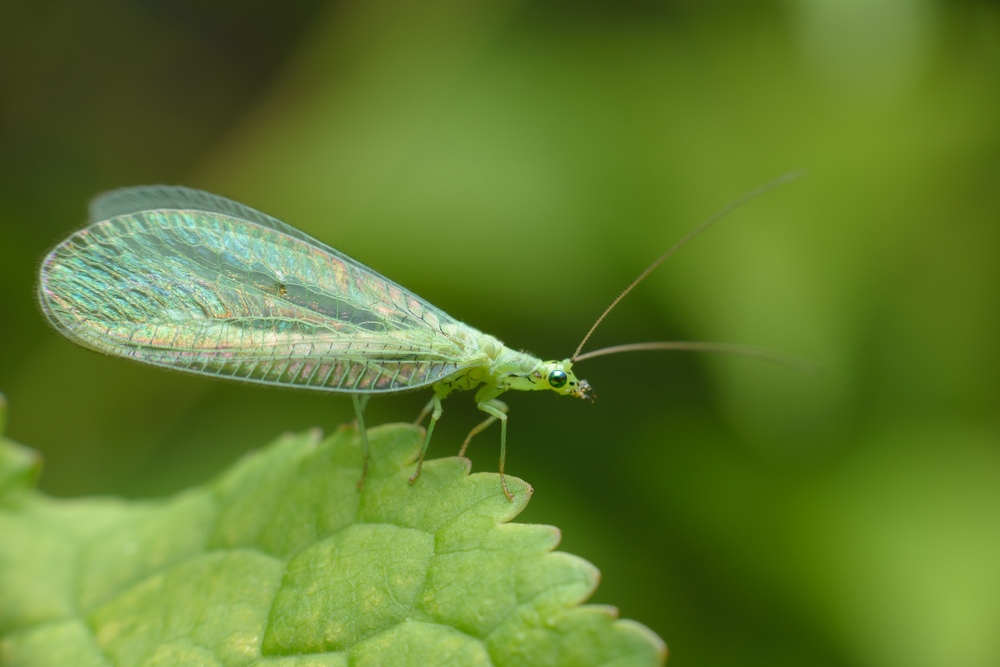
Lacewings are a great addition to your garden, as they help control common pests like aphids, mealybugs, and whiteflies.
The larvae of both green and brown lacewings are known for their insatiable appetite for these pests, so encourage these beauties by planting pollen-producing flowers such as dill, fennel, and cosmos. When you see their delicate, transparent wings, you’ll know your garden rests in good hands.
Ladybugs
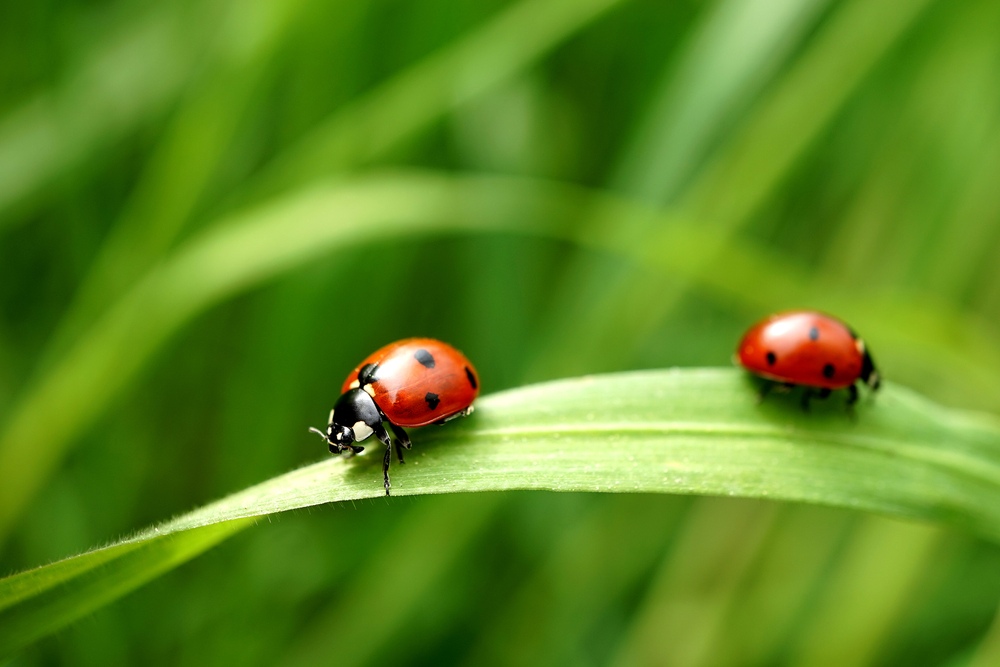
Your garden will surely benefit from the presence of ladybugs. These bright, spotty friends are a natural enemy to several garden pests, including aphids, scales, and mites. It’s easy to attract them to your garden by planting their favorite meals: plants like marigolds, daisies, and yarrow are sure to bring them in. Alternatively, you can buy ladybugs at certain garden stores to release in your green space. Remember, ladybugs can be sensitive to pesticides, so it’s important to limit their use to keep these helpful insects around.
Praying Mantises
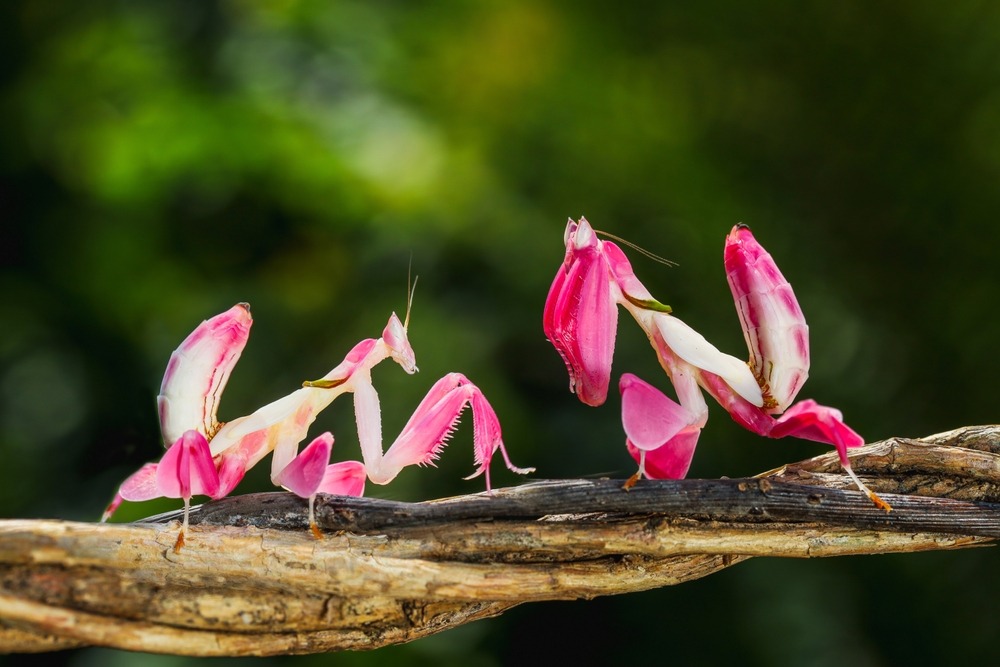
Another great ally in your fight against garden pests is the praying mantis. These fascinating creatures can consume large quantities of insects, such as beetles, crickets, and moths, which can all be detrimental to your plants’ health. By planting fragrant herbs like rosemary, basil, and lavender, you’ll create a welcoming environment for praying mantises in your garden. As they naturally control the pest population, you can enjoy a flourishing and healthy outdoor space.
Conclusion
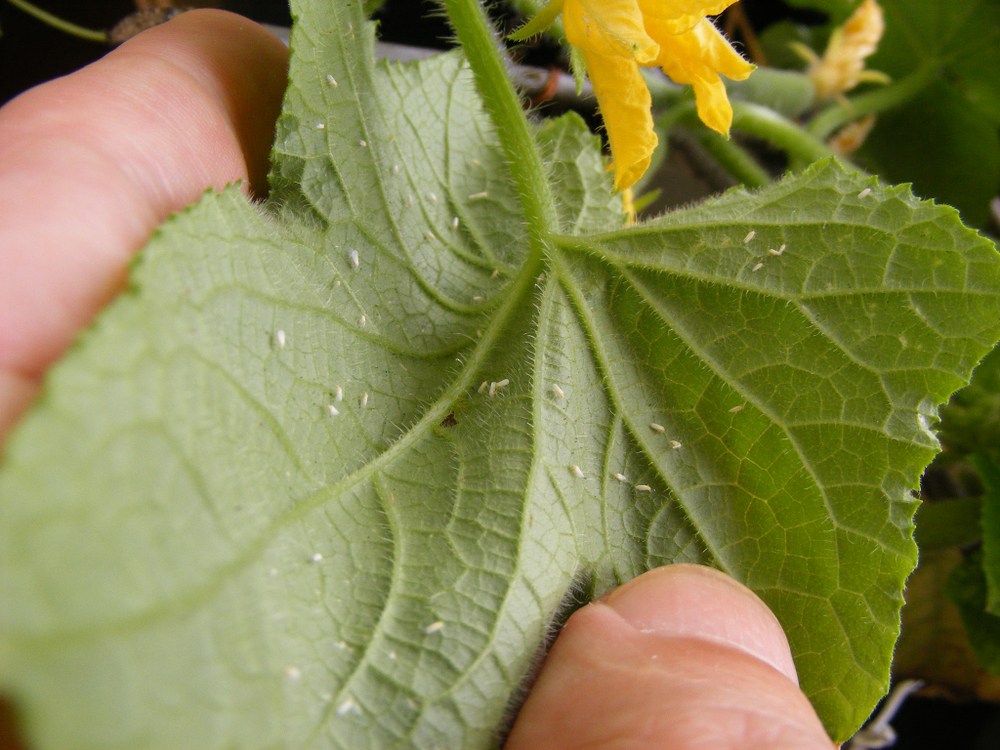
By implementing these 10 tips, you are on your way to preventing common garden pests naturally. A well-planned, diverse garden is key to maintaining a healthy environment that keeps pests at bay. Remember to:
- Rotate your crops to disrupt pest life cycles and maintain soil health.
- Choose pest-resistant plants to limit the attraction for pests.
- Encourage beneficial insects by planting flowers and providing habitats.
- Use companion planting to enhance your garden’s natural defenses.
- Keep your garden clean by promptly removing plant debris and weeds.
- Maintain healthy soil with compost, mulch, and proper watering practices.
- Use physical barriers to protect your plants from certain pests.
- Apply natural pest control methods like homemade repellents and traps.
- Monitor your garden regularly to catch and address problems early on.
- Practice moderation with fertilizers and pesticides to prevent imbalances.
By following these guidelines, you’ll be well-equipped to handle any challenges that arise in your garden, while also enjoying the satisfaction of knowing you’re taking an eco-friendly approach to pest control.

